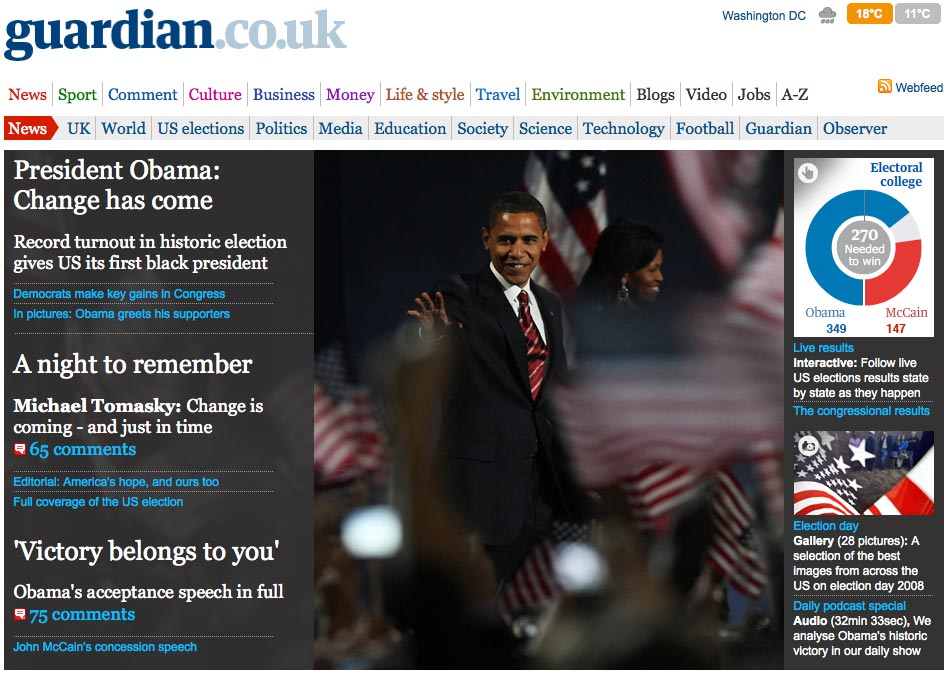Removing the original online posting of the leaked list of members of the British National Party (BNP) has failed to contain the spread of the information online.
The list and reactions to it are being avidly Twittered, as a search for BNP on Twitter search engine Summize shows, while the document has made its way onto Wikileaks.
According to the party’s website, the blog that posted the ‘outdated’ list was removed from Blogger ‘after urgent legal action was instituted by the BNP leadership’.
In a Guardian.co.uk article, BNP leader Nick Griffin has admitted that the party is relying on the Human Rights Act, which it opposes, to help protect its members’ privacy.
Meanwhile reporting on the incident has raised questions of linking, as this blog post from TimesOnline suggests:
“The Times decided not to link to the list, even though we often do link to material without taking that as some kind of endorsement.
“There were various reasons for the decision, most of them expressed in other comments on our various online reports. Firstly, BNP members have as much right to privacy as anyone else. Secondly, last time we checked it was still a free country: there is no law against membership of the BNP.
“The list is out there now, even if a Google search no longer throws it up. The anti-fascist campaigners and phone-prankers are having a field day. We don’t need to help them.”
Blogger Craig McGill adds the following observation on the list’s travels online:
“I see the list has appeared on file sharing outlets? Will social crusaders claim this is a good use for P2P which is normally associated with piracy?”
Similarly a Google Maps mashup has also been created, though, as TechCrunchUK warns, it’s dangerously inaccurate and has the potential to aid vigilantes – while I write the map was taken down because of inaccuracies.
McGill also suggests that this story was broken first by mainstream media, despite being an online story – is this the case? If so, for an online leak, this could be a good sign of ‘traditional’ outlets upping their game when it comes to online news tracking.
Blogger Matt Waldman suggests the story of the leaked list was broken by the Lancaster Unity blog, while TheRegister.co.uk posted a report on the leak at 2:31pm (GMT) on Tuesday – also citing the Lancaster Unity post. MSM not quite first past the post then.
Waldman goes on to discuss the potential legal implications of linking to it:
“Links to material that is alleged to be defamatory (e.g. reports about Nadhmi Auchi preserved on Wikileaks) is part of the basis for the objections that the law firm Carter-Ruck have put to the New Statesman that have caused them to take down articles about Nadhmi Auchi by Martin Bright. No determination has yet been made whether that will stick under English Libel Law, but if the New Statesman and their legal advisers are taking it seriously I wouldn’t go the other way at this point. You will be relying on not being sued, which is your call.”
I haven’t linked to it in this post (though it’s easy enough to find with or without the directions given) for the reasons cited by both Wardman and the Times’ blog post.
The UK’s national newspaper websites aren’t linking either, though Mail Online posts both a screengrab of the list and pictures of alleged members and individual articles are being posted about ‘members’, their identies and any action taken by employers.
Debate on the blogs also focuses on how the list can be used – both journalistically and otherwise. The list was posted despite an injunction granted by the High Court in earlier this year banning its publication, so how will journalists (and the police and employers) act on it when it has been obtained in this way?
 Former head of mobile strategy for News International (NI), Andrew Bagguley has been hired as a consultant for Guardian News&Media (GNM), as the title begins its move into the mobile market.
Former head of mobile strategy for News International (NI), Andrew Bagguley has been hired as a consultant for Guardian News&Media (GNM), as the title begins its move into the mobile market.